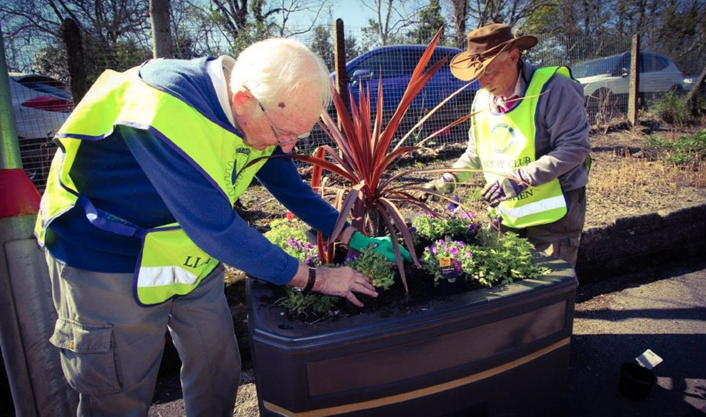27 Nov 2019
Transport for Wales have published their Sustainable Development Plan, revealing their ambitious sustainability targets and the actions they will take to ensure these are achieved.
Closely aligned with the Well-being of Future Generations (Wales) 2015 Act, the plan provides clear assurances that the new organisation meets national legislation and policy.
Supporting a more ‘resilient Wales’ TfW stated that electricity for stations and overhead wires on the Core Valley Lines will come from 100% renewable energy, with at least 50% sourced in Wales.
Promoting active travel, TfW will offer customers new cycle storage facilities that are safe and will provide well-lit walking routes to encourage people to make healthier choices and reduce air pollution.
TfW have already provided work opportunities for small businesses and social enterprises. They have created 120 new jobs and have committed to creating a total of 600 with the addition of 30 apprenticeships every year.
To support the Sustainable Development Plan, TfW will also be releasing their Low Carbon Impact Strategy.
Natalie Rees, TfW’s Sustainable Development Manager said:
“Our Sustainable Development Plan sets out our approach for embedding sustainable development up to 2033. We have set ambitious targets and are developing other key plans including our Biodiversity Action Plan, Environmental Management Plan and Active Travel Plan.
“We want to ensure that sustainable development becomes a part of the culture at TfW and is evidenced in all our activities. We want a transport network in Wales that is sustainable for future generations.”
James Price, Transport for Wales CEO added:
“We’re delighted to launch our Sustainable Development Plan demonstrating what activities we’ll undertake to support the delivery of a sustainable transport network for Wales.
“Our Sustainable Development Plan targets are ambitious and we’re confident that our plans will allow us to be successful and deliver. We all know how fundamental transport is to Wales’ social, economic, environmental and cultural well-being, and reducing private vehicle use and encouraging greater use of public and active travel has the potential to improve air quality, reduce air pollution and offer significant health benefits for the people of Wales.”
Sophie Howe, the Future Generations Commissioner, said:
“The Well-being of Future Generations Act is at the heart of the rail service for Wales and the Borders, the biggest procurement contract tendered in Wales with a value of £5 billion, thanks to the work of my team last year. I have continued to support and challenge Transport for Wales to ensure they take every opportunity to contribute to the seven well-being goals.
“I am encouraged by the modelling already done by Transport for Wales that demonstrates how they will include the seven well-being goals in delivery, and I welcome their positive approach and willingness to work with me and others to identify best practice from elsewhere.
“I am particularly encouraged by their plans to contribute to a prosperous Wales by giving work opportunities to small businesses and social enterprises, and to contribute to a resilient Wales by committing that all electricity for stations and overhead wires will come from zero carbon energy. Going forward, I’m keen to see them being even more ambitious on carbon reduction targets. Lastly, in mapping contributions towards the seven well-being goals, I am pleased to see Transport for Wales present their commitment in an easily identifiable and transparent design.”


